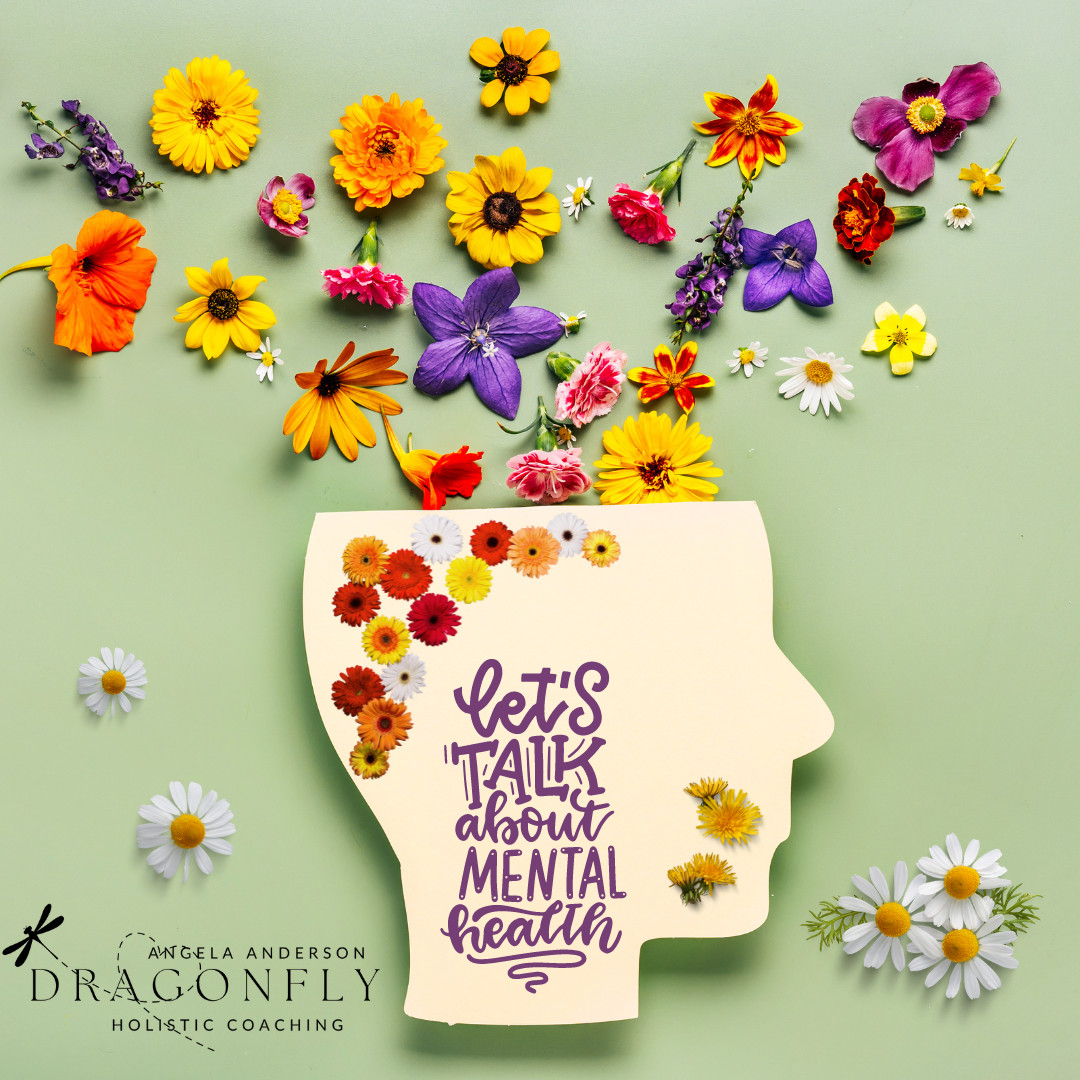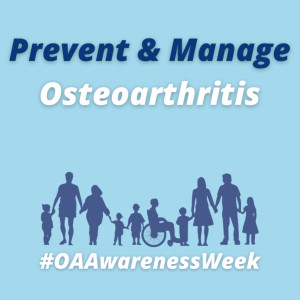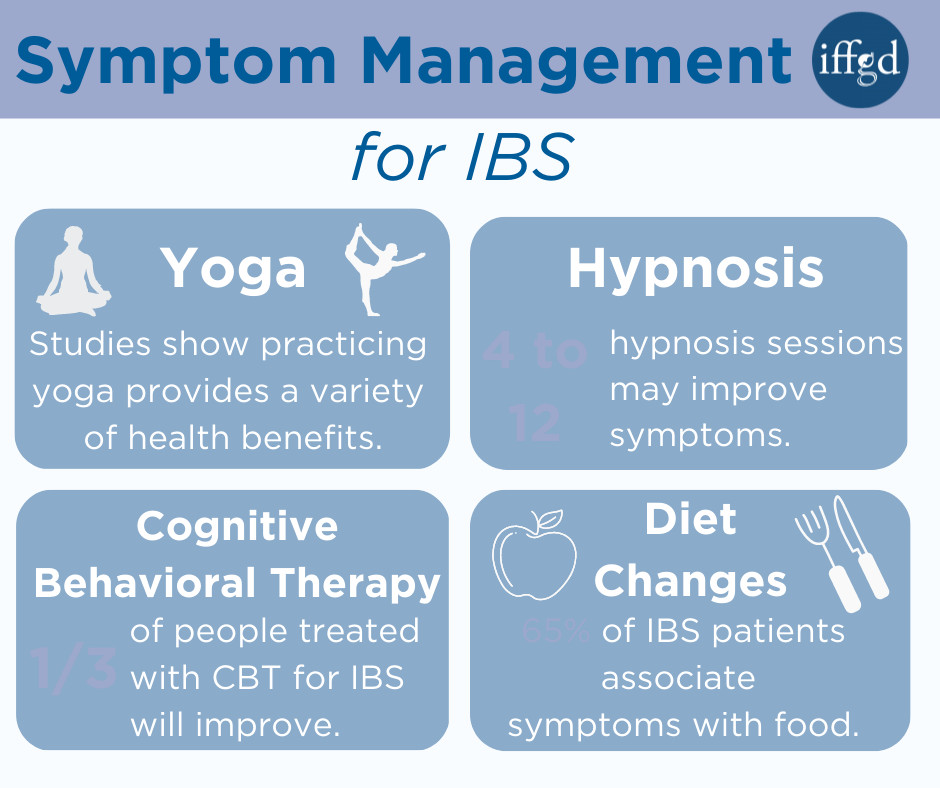
While therapy and medication play a vital role in managing mental health conditions, it is essential to also recognize the impact of lifestyle factors such as physical activity, sleep, diet, stress management, social connections, mindfulness, and substance use.
Read more...
Arthritis is a common condition that affects millions of people around the world. There are many different types of arthritis, two of the most common are: osteoarthritis and rheumatoid arthritis. While there is no cure, there are lifestyle changes that can help manage symptoms and improve quality of life. Here are some evidence-based lifestyle changes that can help manage arthritis
Read more...Menopause is a natural biological process that marks the end of a woman's reproductive years. While it is a normal transition, it can cause a range of symptoms, including hot flashes, mood swings, and sleep disturbances. Here are some evidence-based lifestyle changes that may help alleviate these symptoms:
- Exercise regularly: Exercise has been shown to reduce the severity and frequency of hot flashes and improve sleep quality in menopausal women. Aim for at least 30 minutes of moderate-intensity aerobic exercise most days of the week.
- Eat a balanced diet: A diet rich in fruits, vegetables, whole grains, and lean proteins can help manage menopausal symptoms. Avoiding caffeine, alcohol, and spicy foods may also help reduce hot flashes.
- Stay hydrated: Drinking plenty of water and other fluids can help manage hot flashes and prevent dehydration.
- Practice stress-reducing techniques: Meditation, yoga, deep breathing exercises, and other relaxation techniques can help reduce stress and improve sleep quality.
- Quit smoking: Smoking has been linked to increased hot flashes and other menopausal symptoms. Quitting smoking can improve overall health and reduce menopausal symptoms.
Remember, everyone experiences menopause differently, so it is important to discuss any symptoms with a healthcare provider to determine the best course of action for your life and lifestyle.
Read more...
IBS is common with prevalence estimated at 5% to 10% worldwide. Yet many people remain undiagnosed and unaware that their symptoms indicate a medically recognized disorder. If you are struggling with IBS, here are some evidence-based lifestyle changes that might help you manage your symptoms.
Read more...



